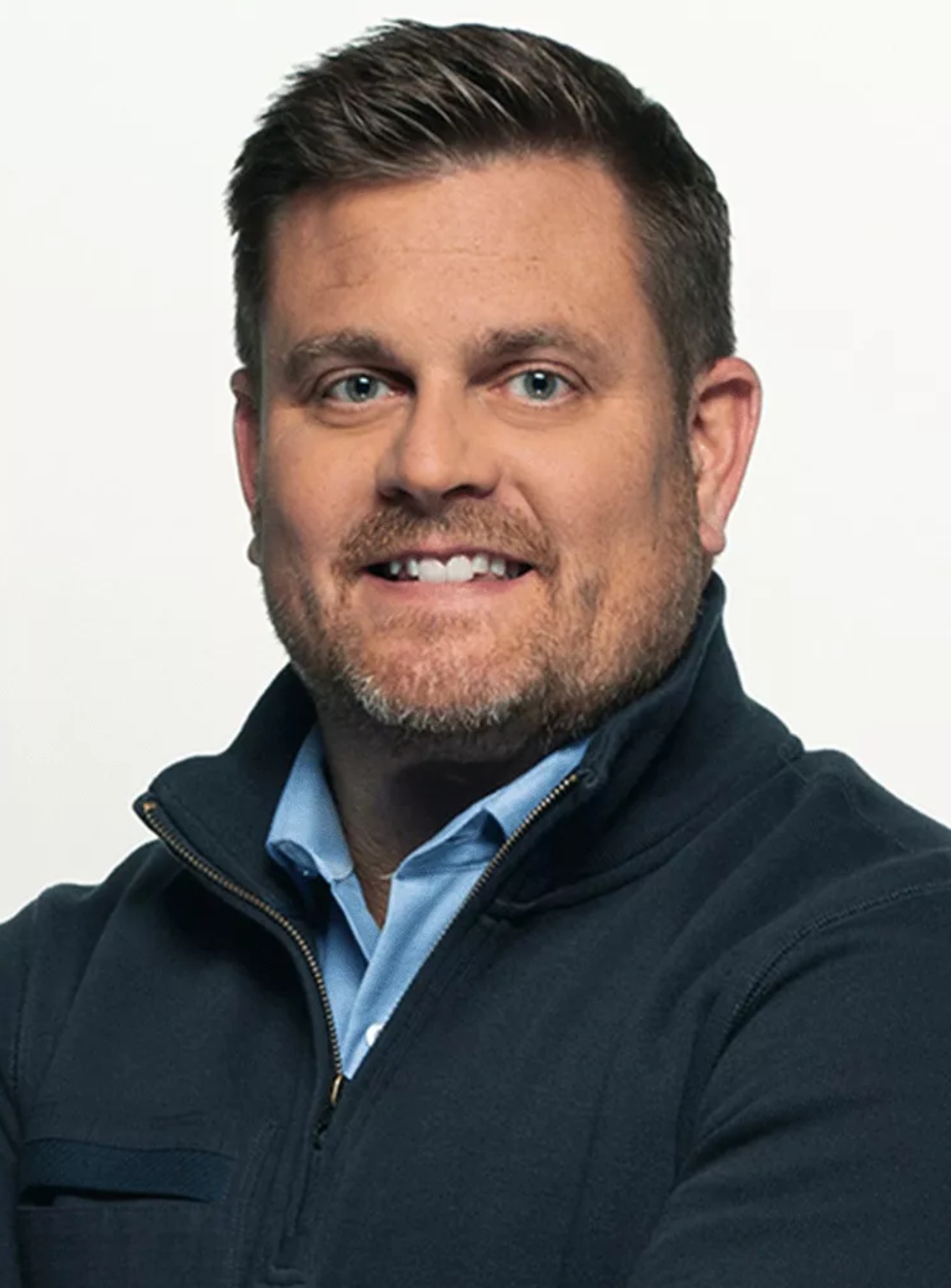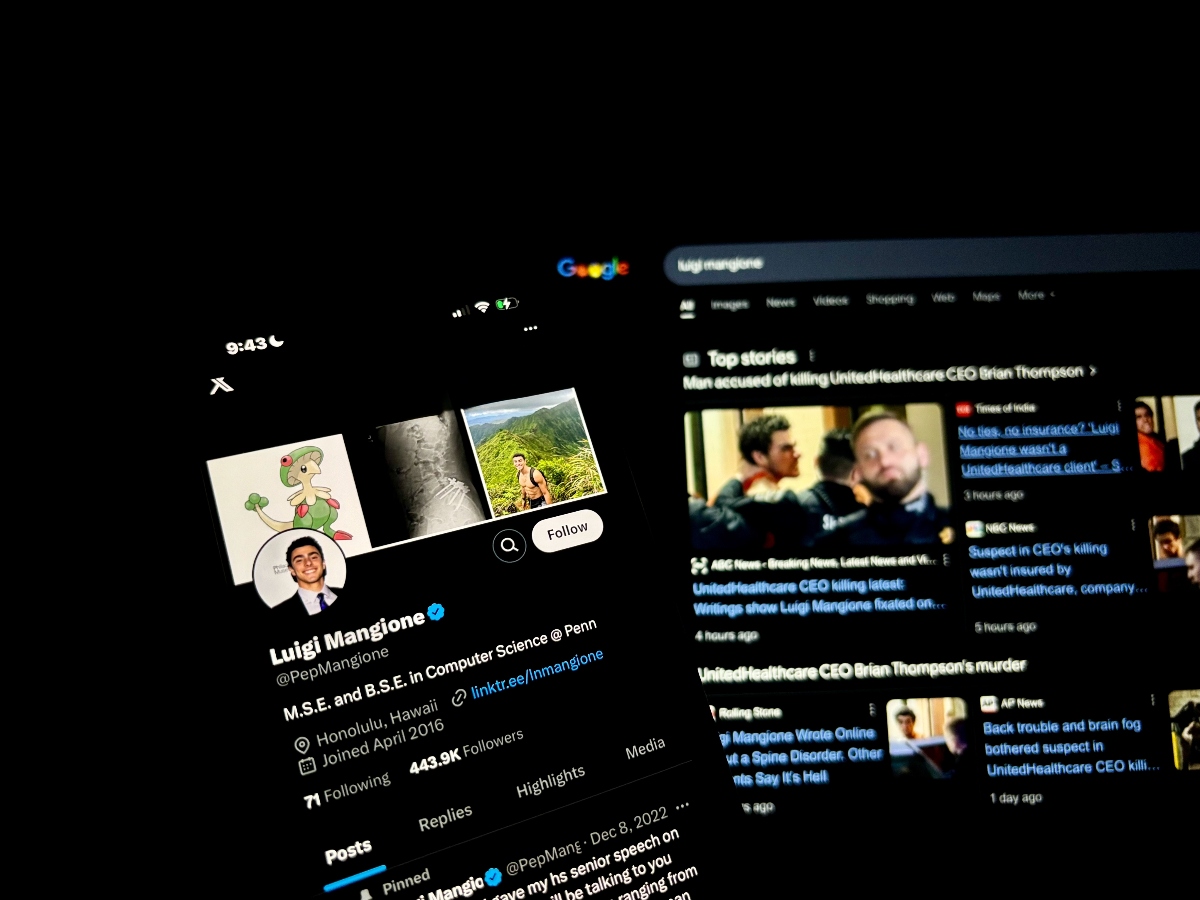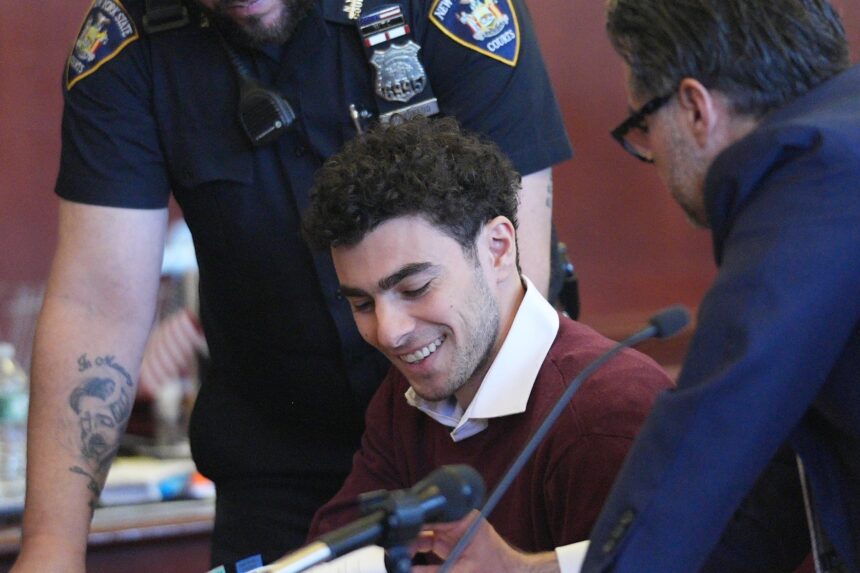On December 4, 2024, Brian Thompson, CEO of UnitedHealthcare, was murdered in front of the New York Hilton Midtown hotel in Manhattan. Luigi Mangione, a 26-year-old man, was arrested on suspicion of the crime.
Authorities found a three-page handwritten manifesto in which Luigi Mangione expressed his frustration with the U.S. health care system. This murder not only rocked New York City, but also exposed the growing anger of citizens toward private health insurers and claims denial practices that many consider inhumane.
Who was Brian Thompson?

Brian Thompson, 50, was the CEO of UnitedHealthcare, the largest private health insurer in the United States.
During his leadership, the company achieved record revenues.
However, it also faced criticism for its “prior authorization” policies and denial of physician-recommended treatments.
On social networks, Brian Thompson had received threats and messages from people frustrated with the healthcare system.
There were some threats, but we never thought it would come to this
Paulette Thompson, wife of the victim
The day of the murder

The crime occurred in broad daylight as Brian Thompson was leaving his hotel for a business meeting.
Luigi Mangione fired several shots at the executive and fled on an electric bicycle.
At the scene, authorities found bullet casings with words such as “deny” and “depose,” terms associated with insurers’ policies.
Mixed reactions

While Brian Thompson’s colleagues described him as a “devoted father” and “great friend,” the reaction on the Internet was different.
Many users shared personal stories of having their medical claims denied by insurers.
This murder has intensified the national debate on equity and transparency in the healthcare system.
Impact on the Hispanic community
The Hispanic community, one of the hardest hit by the lack of access to health care, has also spoken out.
Activists have organized protests and calls for reform of a system they see as exclusionary and costly.
This case highlights the urgent need for health care reform.
Insurers have been accused of using artificial intelligence to deny treatments and maximize their revenues, leaving patients stranded.
Community groups have stepped up their fight for equitable access to health care.
For more information on Crimen, visit QuéOnnda.com.























